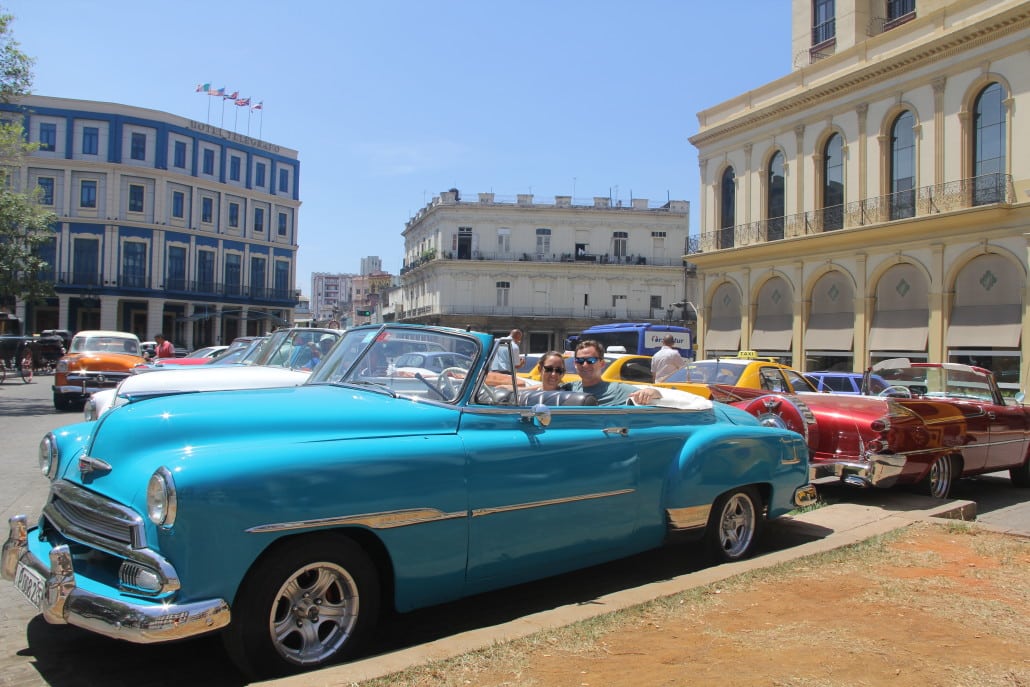
In light of the White House’s recent decision to begin normalizing relations with Cuba, thousands of Americans have set their sights on visiting our island neighbor that sits less than 100 miles south of Key West. But despite its attractive proximity, Cuba poses a handful of unique challenges to visitors. For example, technology is tremendously outdated, forcing visitors to forgo many modern comforts that we Americans so often take for granted. Here are the top seven things you should know if you plan on making the trip:
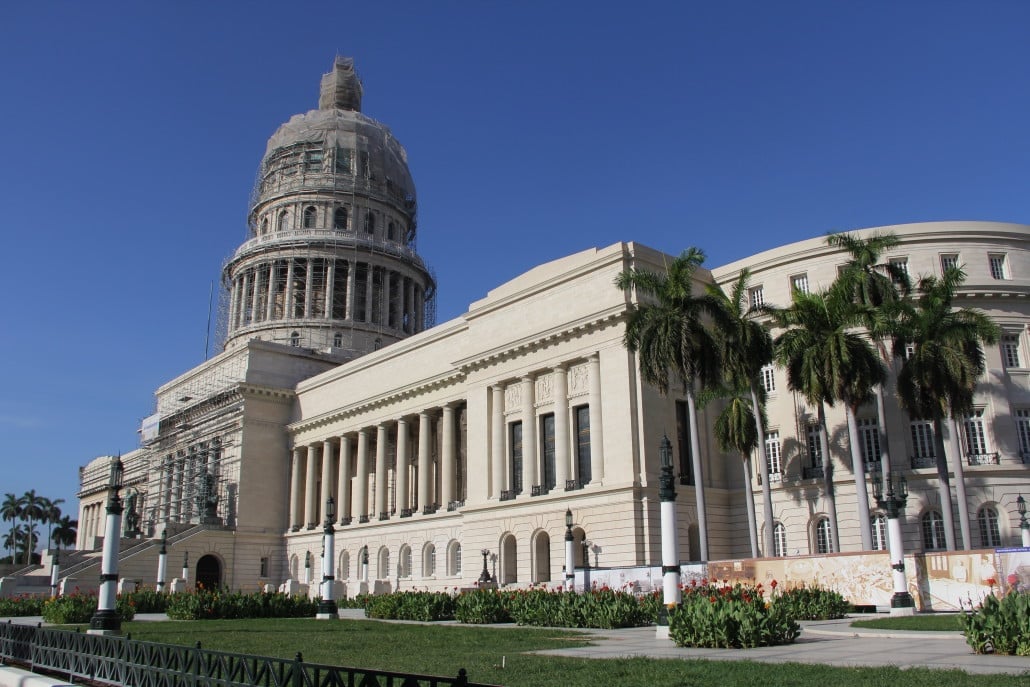
1. Tourism is still illegal (kind of…)
Americans traveling to Cuba must qualify under one of 12 approved general license guidelines, but these categories are very broad and accommodating. You don’t need to fill out an applications or prove that you qualify in any way. And once you’re in Cuba, no one is looking over your shoulder to make sure you’re sticking to your approved travel reason. For me it was as easy as checking a box on the site where I booked my plane tickets, and I was good to go.
2. Rest assured, Cuba is very safe
When I told friends and family that I was traveling to Cuba, the most common concern I fielded was about my safety. However, I honestly felt safer walking the streets of Cuba than I do in the downtowns of most US cities. The communist government understands that tourism is a huge part of its economy and has strict laws forbidding locals from harming tourists in any way. In fact, the locals are extremely friendly!
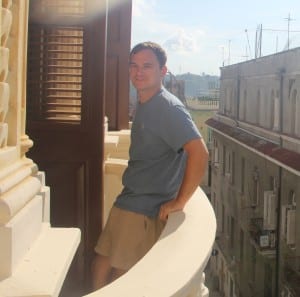
3. Cuba doesn’t have enough hotel rooms
Another consequence of the US embargo is that Cuba doesn’t currently have the infrastructure to accommodate the oncoming throng of tourists. Many Cuban hotels are already booked months in advance, and new hotels aren’t exactly being built every day. I’d suggest exploring Airbnb for a more authentic experience at a fraction of the cost.
4. Cash is king!
Once in Cuba, there’s really no point in carrying debit or credit cards. In fact, I couldn’t find a single place that accepted plastic. Bring cash with you and exchange it at the airport into the Cuban tourist currency known as the Cuban Convertible Peso, or CUC. While Cuba actually has two currencies (one for locals and one for tourists), you’ll probably deal exclusively with CUCs. Because there are few ATMs, you should bring a liberal amount of cash and budget wisely because you’ll be hit with a hefty exchange rate if you choose to exchange your leftover CUCs at the end of your trip.
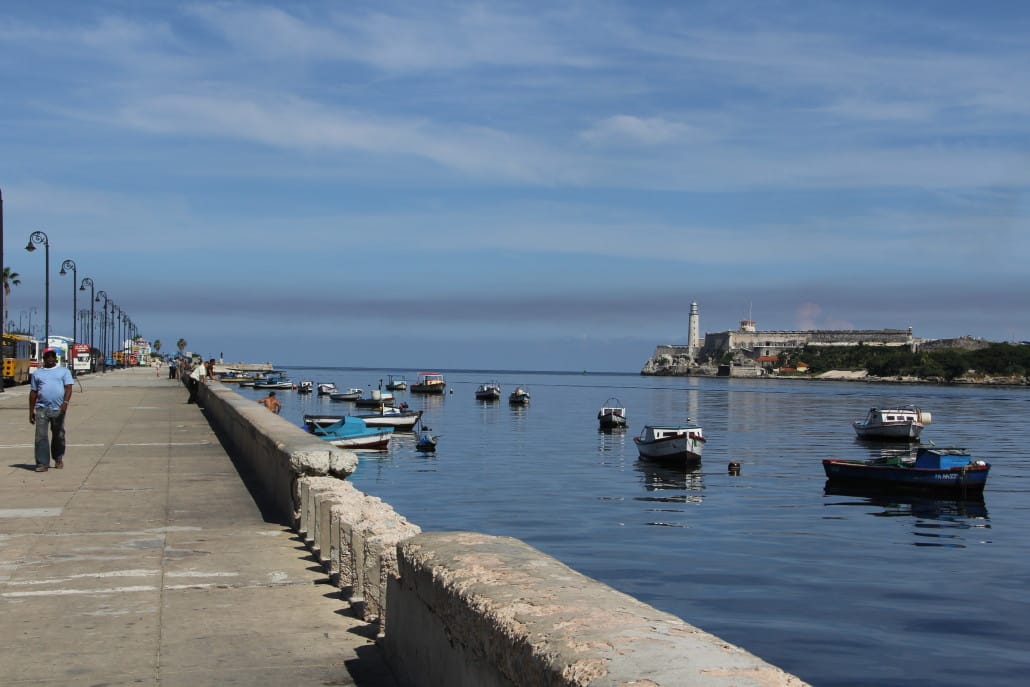
5. Save 10% by bringing Euros or Canadian Dollars
As a result of the longstanding tension between Cuba and the US, travelers who exchange USD for CUC upon arrival in Cuba will be hit with a 10% penalty tax that isn’t imposed on any other currency. When you add the standard 3% transaction fee, one US dollar becomes 87 cents in Cuba. Americans can save a good chunk of money by preemptively exchanging USD for Euros or Canadian dollars while still in the United States.
6. Internet is hard to come by
The Cuban government imposes one of the world’s strictest Internet policies on its population, so foreigners will have a tough time connecting as well. If you really need to access the web, most of the larger hotels offer Wi-Fi via a $3 access card for one hour of connectivity.
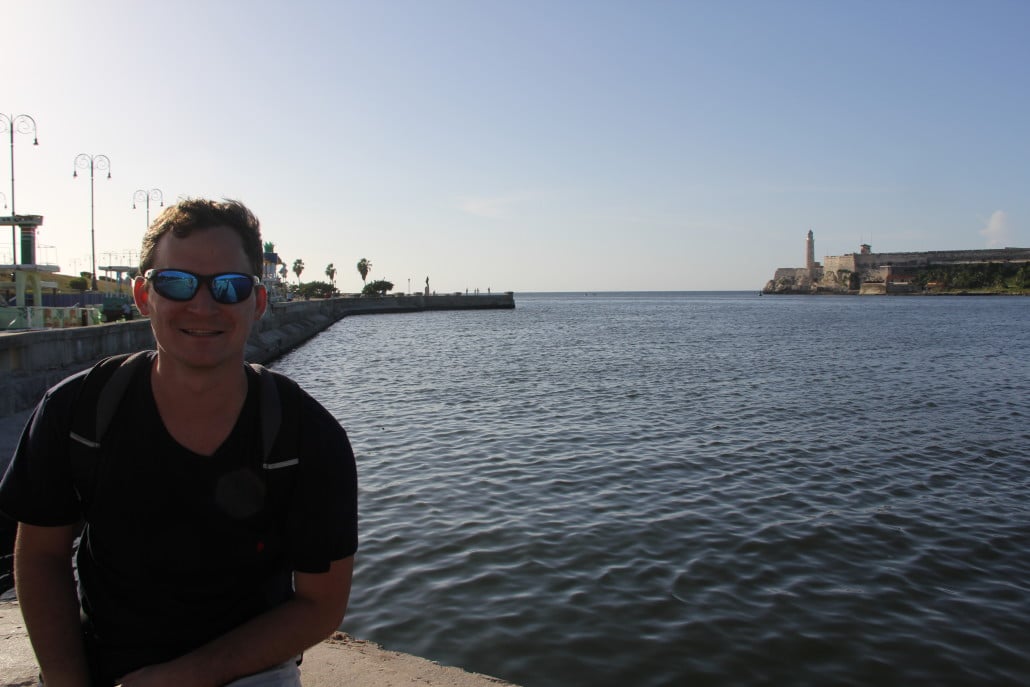
7. You won’t have cell phone service, either
You might as well put your phone on airplane mode for the duration of your stay in Cuba. The major US cellular providers don’t have cell towers in Cuba or partnerships that allow travelers to call or text home. Given the combination of no cell reception and the lack of internet, I’d recommend that you simply try to unplug while in Cuba and enjoy your time off the grid. I found it quite nice.Cuba





Hi Johnny, I’ve been wondering also, how to get there? There are a few chartered flights offered from the US or via Mexico and the Caribbean, are those the best options?
Hi Pesanteur,
I flew on Sun Country Charters out of Miami and I booked my flight through CheapAir.com. The flights were well priced and it was a pretty straight forward process!
Which category did you “check” yourself off for? As per people-to-people programs…as stated on OFAC: “Among other things, this general license authorizes, subject to conditions, persons subject to U.S. jurisdiction to engage in certain educational exchanges in Cuba under the auspices of an organization that is a person subject to U.S. jurisdiction and sponsors such exchanges to promote people-to-people contact.” I think it’s important not to lead people on to think that they can just simply “check a box” to get to Cuba, and then do whatever they please once there. Not only is this illegal, it puts those of us who are promoting legal travel to Cuba at risk for repercussions of this behavior.
Hi Joslin,
I went under the general license of journalism, as that was truly the nature of my visit. But once there, I spent most of my time participating in “tourist” activities for the sake of journalism. I would by no means suggest Americans travel to Cuba illegally; you must really qualify for one of the 12 approved categories. However, with the extremely board general license categories provided by the U.S Government, is very easy for someone to qualify for a legal visit.
I think the Internet situation may have improved a little with the public Wi-Fi hotspots recently installed by the authorities in Havana and other cities.
But yes, it’s probably best to forget about the Internet altogether and simply enjoy the trip.
Wow! I don’t the the public Wi-Fi hotspots were available at the time of my visit, but that is certainly a great improvement! Just goes to show how rapidly the country is changing and being modernized.
It’s great to see Cuba opening up to more tourists. Good to know the situation there for things like internet, kind of take it for granted these days. I am sure things will change there very quickly and the gaps will be filled.
Hope you enjoyed your trip!!! Out of all the islands in the Caribbean I felt safest in Cuba. And I agree that it feels safer than some US downtowns. Since I am Canadian I can go to cuba as I please and it is a top destination up here. We’ve flown with americans who drove/flow to Canada then to cuba from there. Also I have used credit cards there without problems, but for americans you may not. Last time I was there our credit cards were fine and accepted as long as they were not issued thriugh a US company such as chase. Cuba is a wonderful country that is full of tourists and probably my favorite Caribbean island!
Hi Stephen,
Thanks for your input! I’m curious, where exactly have you used credit cards on your visits to Cuba? Did you find that they were only accepted at the big hotels or at the nicer, touristy restaurants? The reason I ask is because my credit card was turned away at the bar of the Hotel Nacional; the bartender didn’t even attempt to swipe it, and I don’t think he would have known it was an American card just from looking at it! I thought that if anywhere would accept plastic, the iconic Hotel Nacional would be it!
Hey Thomas,
I used mine at our hotel when booking a boat trip. Our friends also used theirs while in Havana at the Tropicana. Within our group there was only 1 that had any issues and it was because even though the card was Canadian it was issued from Chase in the US and they wouldn’t accept it (I believe they said they could not bill anything to any business in the US). Our cards are through Bank of Nova Scotia (Scotia Bank) and Bank of Montreal with no issue.
Just found your site a few weeks ago and I really enjoy it. It makes me jealous of all the sign up bonuses on credit cards and inexpensive airfare you have down there though!
It’s great to see Cuba opening up to more tourists.I am sure things will change there very quickly and the gaps will be filled.